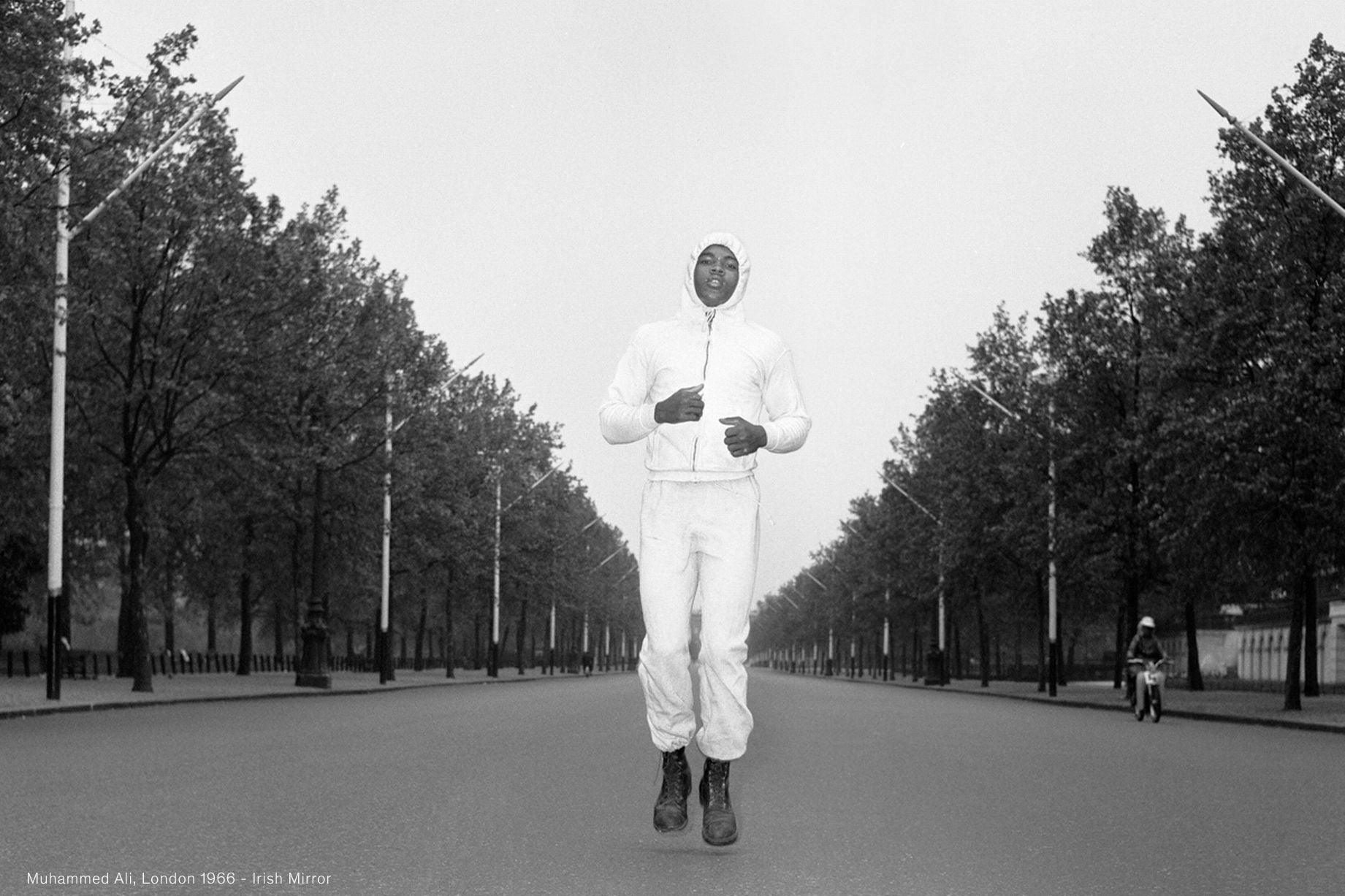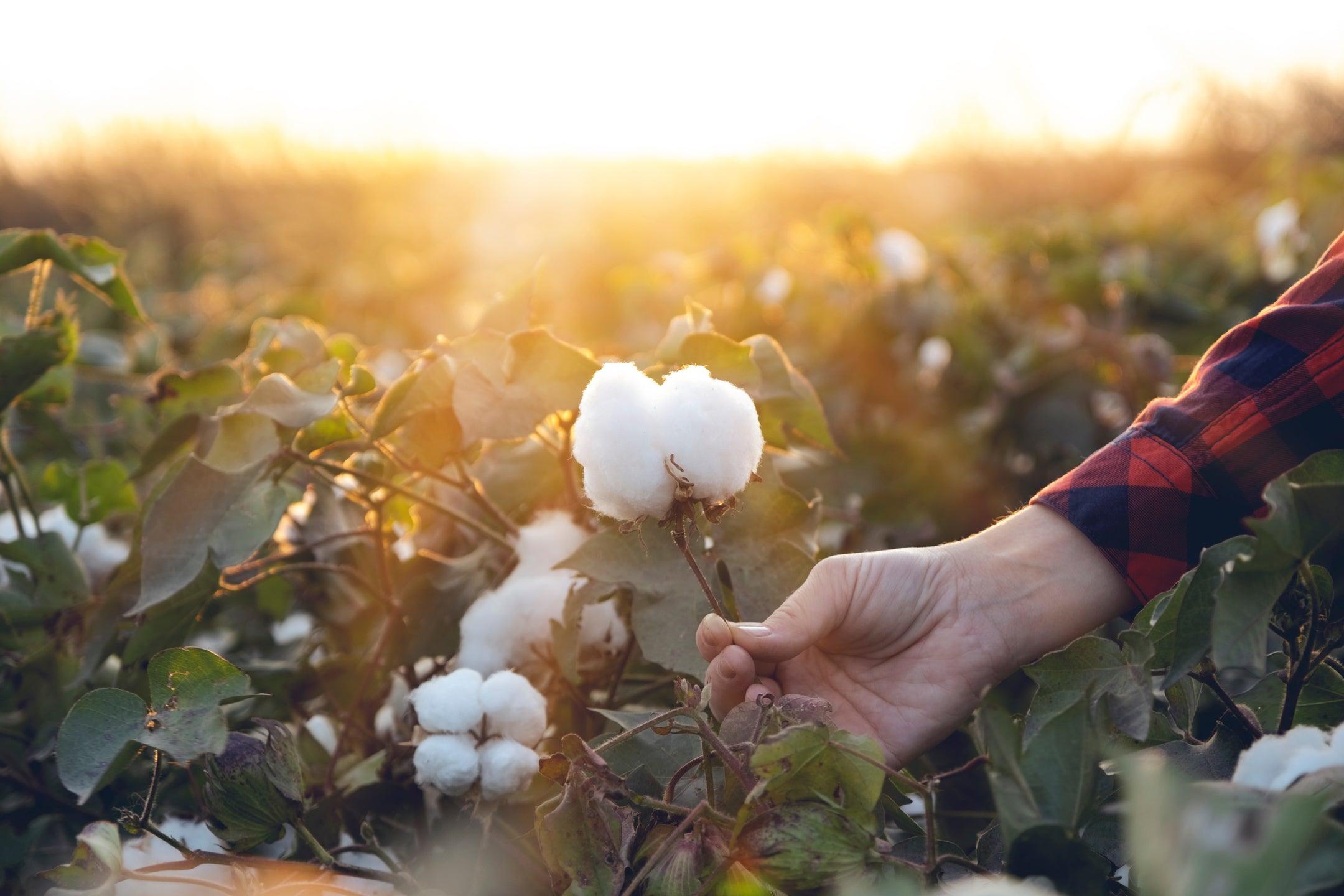The way you do one thing is the way you do everything. Sustainability isn’t an afterthought or an added value, but a minimum threshold. We know who wears Myles Price apparel, and we take utmost care to bring environmental practices that make a difference, to each garment is made and brought to you.
Sourcing

It begins with the sourcing of our cotton. We use American-grown premium cotton known as Supima, which uses less water than conventional cotton and is produced in a way that incorporates sustainability at every step. Supima is a rare variety of cotton known as Extra Long Staple, which represents only one-half of one percent of all the cotton grown in the world and is notable not only for the length of its fibers but in its overall robustness. Supima is twice as strong as regular cotton, which makes for garments that last.
500 family farmers grow Supima cotton in the American Southwest. From GPS-navigated tractors that plant and harvest the cotton to satellite technology and soil monitors, Supima farmers ensure that they are growing the best quality cotton with as little impact on the environment as possible.
“We want to make the highest production per acre because that’s where the biggest returns are, that’s where we are the most responsible, and the most sustainable,” says Kirk Gilkey, one of these farmers. “Sustainable means you have to be good to the environment, you have to be good to your employees, but you also have to grow a crop that you can carry on into the future.”
Supima safeguards its authenticity with state-of-the-art technology that enables every fiber of cotton to be traceable to its field of origin, resulting in a genuine luxury cotton grown in the United States.
Carbon footprint
Every fiber of every fabric and all labor that goes into the making of a Myles Price garment is from the United States. All our production occurs not only in California, but within Los Angeles. This matters for many reasons.
California has the strictest environmental laws in the United States. This adds to production costs, but lowers the costs that most deeply matter– diminishing the use of chemicals and processes that harm our planet.
Crucially, not having a supply and labor chain spanning the world, as has become endemic in clothing production over the past half century, greatly reduces the carbon footprint associated with each piece of clothing we produce. Nothing is more important in the time we live in than bringing awareness and restraint to the climate impacts of all that we do.

Fair Labor
Perhaps more than any other industry, the forces of globalization over the past half century remade the mainstream fashion industry into one that relied on sweatshops and child labor. We may think of sustainability as strictly environmental, but inhumane labor is also unsustainable.
California’s labor laws are likewise among the strictest in the United States, and a new law enacted in 2021 specifically targeting the garment industry is having a positive global impact. It ensures a living wage for the people who made your clothes. Most workers in the industry, both nationally and globally, are paid per piece, a practice that often results in paltry wages. In California, garment workers are now paid the hourly minimum wage, which also happens to be the highest minimum wage in the U.S. This new law also includes all supply chains and has thus impacted those companies who try to cut costs with cheap labor from abroad.
Though our supply chain is all American, this new way of doing things also adds to the cost of producing our garments. This ensures that a piece of Myles Price apparel is made by a craftsperson whose skills honed over many years, are valued and paid accordingly.
Packaging
Sustainability informs how we do everything, including how we package. Every Myles Price garment arrives in a Better Packaging Company courier satchel and ComPoly garment bag. Both are 100 percent biodegradable. This is packaging that will naturally biodegrade within 90 days without any processing. This means, after cutting the mailing label out, you could throw the package in your own home compost and it would fade back to the earth in a matter of months.

Integrity
The definition of sustainable is simple: “Capable of being sustained.” Environmentally, this means capable of being continued with as little long-term negative impact on the Earth and its resources as possible.
We craft every Myles Price piece to last.
Supima is the softest, most durable cotton ever produced. The longer fiber resists pulling, breaking and tearing, which means you wear garments that age into greater beauty.
This might be the deepest form of sustainability: producing pieces that will be with you a significant portion of your life, rather than disposable apparel that will spend more time in a landfill than worn by the person who purchases it.
We value sustainability and are committed to making it a building block of our luxury brand.
Every piece of clothing you wear has history. Luxury apparel should be personal and begin a journey. With every passing year, a Myles Price garment will grow softer and cohere more closely to the way you move through the world. Sustainability is much the same. It occurs a step at a time, new technologies, better practices become more widespread until it becomes part of who we are.
Read more

The hoodie seems to have only recently arrived as a garment over the past decade as it gained pop culture hipness. But in reality the hoodie is one of mankind’s oldest garments.“These are timele...

For millennia, we have proven ourselves to the world with loud, overstated attire. This dates back to as early as 3150 B.C. when pharaohs donned leopard pelts and false beards of gold. But in mode...






